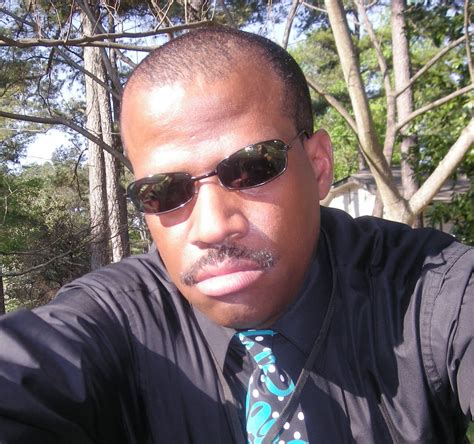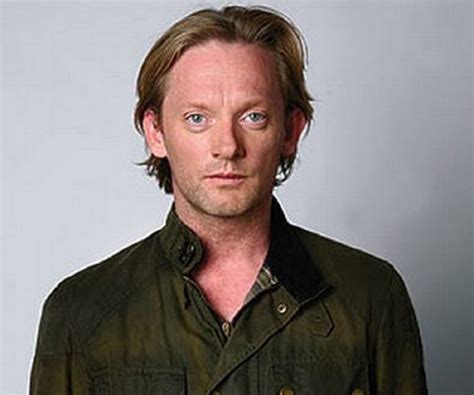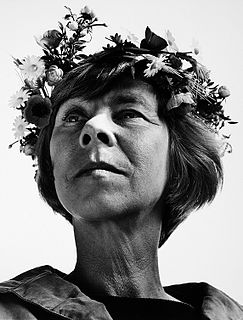A Quote by Charles Best
My colleagues and I were always having the same conversation in the teachers lunchroom about books we wanted our students to read, a field trip we knew would really bring a subject matter to life... And most of us would go into our own pockets to buy just paper and pencils.
Related Quotes
DonorsChoose was conceived at a Bronx public high school where I taught social studies for five years. In the teachers' lunch room, my colleagues and I often lamented a problem that drained learning from students and creativity from teachers: a lack of funding for essential materials and for the activities that bring subject matter to life.
Our actual lives, including our values, our social relations, our self-conceptions, and many of our concepts, are pervasively shaped both by the knowledge and by the fact that we will someday die - that we are subject to extreme temporal scarcity. There is no reason to think that, if we were immortal, the same things would continue to matter to us. We have little or no idea what, if anything, would matter to immortal beings, or even how such beings would think of themselves.
I'd listened to my colleagues in the teachers' lunchroom. I could tell they were passionate, fired-up people who had great ideas for strategies and projects to help kids learn better. They just didn't have the resources. I was frustrated, but I also knew it was a frustration felt by teachers all over the city.
I remember once walking out hand in hand with a boy I knew, and it was summer, and suddenly before us was a field of gold. Gold as far as you could see. We knew we'd be rich forever. We filled our pockets and our hair. We were rolled in gold. We ran through the field laughing and our legs and feet were coated in yellow dust, so that we were like golden statues or golden gods. He kissed my feet, the boy I was with, and when he smiled, he had a gold tooth. It was only a field of buttercups, but we were young.
There is this thing called the university, and everybody goes there now. And there are these things called teachers who make students read this book with good ideas or that book with good ideas until that's where we get our ideas. We don't think them; we read them in books. I like Utopian talk, speculation about what our planet should be, anger about what our planet is. I think writers are the most important members of society, not just potentially but actually. Good writers must have and stand by their own ideas.
And even if we win, if we win, HAH! Even if we win! Even if we play so far above our heads that our noses bleed for a week to ten days; even if God in Heaven above comes down and points his hand at our side of the field; even if every man woman and child held hands together and prayed for us to win, it just wouldn't matter because all the really good looking girls would still go out with the guys from Mohawk because they've got all the money! It just doesn't matter if we win or we lose. IT JUST DOESN'T MATTER! It just doesn't matter! It just doesn't matter!
One of the things I do take some pride in is that if you had never read an article about my life, if you knew nothing about me, except that my books were being set in front of you to read, and if you were to read those books in sequence, I don't think you would say to yourself, 'Oh my God, something terrible happened to this writer in 1989.'
To us, to the everyday teachers of everyday students, neither of whom is writing the book of the universe but who both have their fullest life only when they align themselves with its truths, working out our own commitment to and our own vision of agape, in however homely or personal a form, is a life long task that both guides us in our teaching endeavors and honors those endeavors at the same time.
It's wonderful and reassuring to see 'Hichki' doing so well. When I got to know the subject and signed the film, I knew that we were working on an important and sensitive subject. I knew that we had a winner at hand. But as artists, we are always a little anxious about our work, that's just in our DNA, I guess.
When Mats came in the evenings, they would drink tea in the kitchen while reading their books and talking about them. If Katri came in, they were quiet and waited for her to leave. The back door would close, and Katri would have gone. “Does your sister read our books?” Anna wanted to know. “No. She reads literature.
There is nothing for it but for all of us to invent our own ideal libraries of classics. I would say that such a library ought to be composed half of books we have read and that have really counted for us, and half of books we propose to read and presume will come to count—leaving a section of empty shelves for surprises and occasional discoveries






























